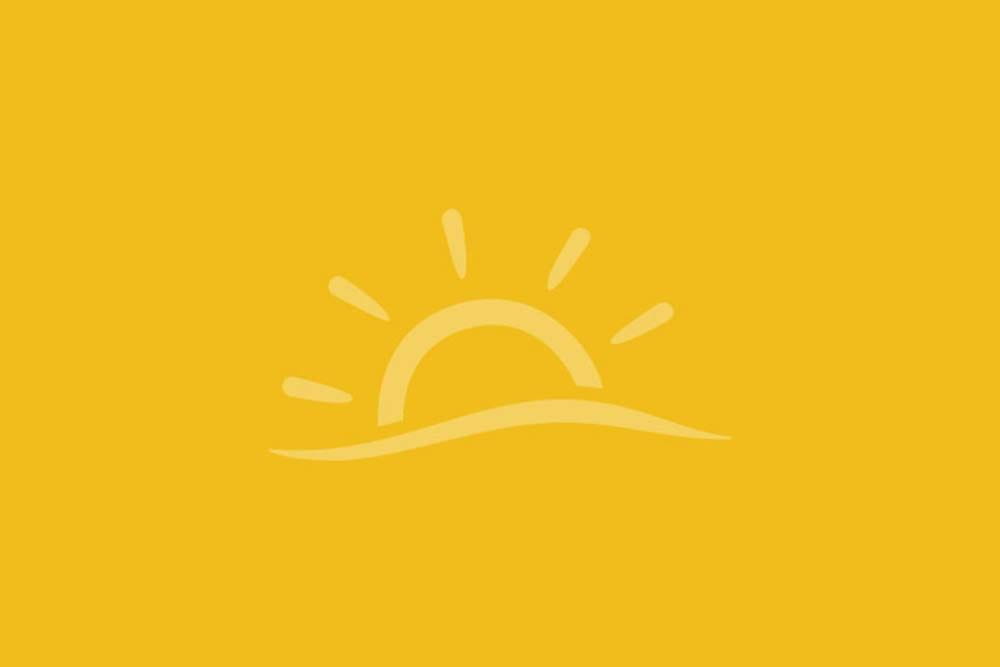What day is the first day of summer?
If you answered, "Whatever day comes after Memorial Day" (as opposed to the more scientifically correct, June 21) you would be correct.
That day back in late May brought not only permission to wear white pants, but also the unofficial launch of the June/July/August mindset. And with July 4th now out of the way, we're knee deep in the season's potential downswing in your productivity - vacation land.
The Lazy Days of Summer
Research says most of us will take our vacations in summer. That would seem to portend not-insignificant consequences for employers. But does it really? Not if you're doing it right.A Working Vacation Strategy
There's more to surviving vacation season than chalking it up as payment for suffering the rest of the year.In fact, if that's your strategy for staying productive at work during summer... well, it's not a very good one. Summer vacations that don't torpedo productivity owe their good fortune to positive cultures that exists during the rest of the year.
That comes from policies that make work and life manageable in winter, spring, and fall.
In other words:
- Are personal lives respected?
- Is work routinely taking over the rest of employees' universe?
- Are your people expected to be among the many expected to work on vacation?
- Can employees choose family if there's a crisis during work?
- Or are they one of the 48% of working parents who told our Modern Family Index that taking care of their families had them worried they'd be fired?
Reaping the Rewards of Vacations
The question is, are your people feeling able to manage their jobs and lives without feeling frazzled? You want people who take vacations for fun in their personal lives...not because they desperately need to get away from a job they hate.So whether your people opt to check out mentally during the whole of July and August depends less on any single directive about summer vacations and more on the policies that help people effectively dance the work/life cha-cha year round. In other words, your best antidote to a summer slump may not be anything you're doing on the 5th of July...but more how you're taking care of employees around Groundhog Day.
And before anybody gets too down on vacation, remember that research shows letting people take vacations is good for everybody. Science says employees who take downtime are more creative, less stressed, and less likely to suffer from burnout.
So time to take out the sun screen and start planning those trips.
After all... it's summer.





